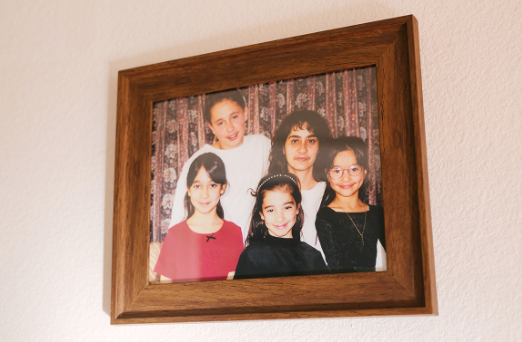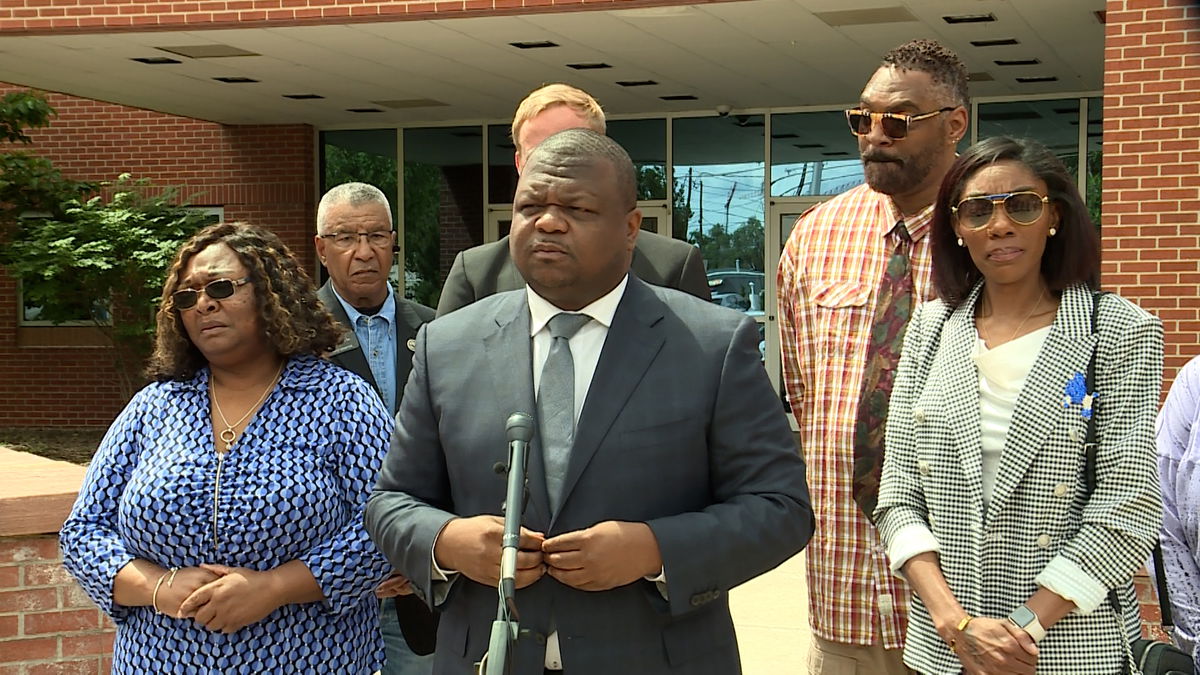13 Investigates: Police have no legal obligation to respond to 911 calls after COS hostage situation
COLORADO SPRINGS, Colo. (KRDO) –- 13 Investigates is examining important legal distinctions after a national civil rights law firm is gearing up to take legal action after they accused Colorado Springs Police of not responding to a hostage situation on June 2. Do they have a legal, binding obligation to respond to emergency 911 calls? This exact question has already been decided by our nation's highest court.
In 2005, The U.S. Supreme Court gave an opinion on a case that was appealed from 30 miles north of Colorado Springs in the town of Castle Rock. In that case, Castle Rock v. Gonzales, a mom had a restraining order against her estranged husband, who left with her three children in violation of the order. She called police several times over the course of an evening turned early morning, but police never went to find the husband or enforce the restraining order.

Just after 3 A.M., the estranged husband showed up at the Castle Rock Police Station with a gun in hand and his three children dead in the back of his car. Gonzalez's husband was shot and killed by police after a shootout.
In the years after the shooting, attorneys representing Gonzales filed a federal lawsuit against Castle Rock PD, a lawsuit that was dismissed in court. They then appealed that decision to the 10th Circuit Court and won before it was brought before the U.S. Supreme Court.
In a 7-2 decision, the justices found that the police department was not required to enforce the restraining order because the language of those orders read "A peace officer shall arrest, or if an arrest would be impractical under the circumstances, seek a warrant for the arrest of a restrained person when the peace officer has information amounting to probable cause."
The word "shall" is important in this context says criminal defense attorney Jeremy Loew.
"That means when you want to sue the government for failing to do something, for failing to respond to a 911 call, for failing to respond to an emergency, and in a case locally, a hostage situation, you cannot sue the government for their failure to act," Loew says. "The only time the government has a duty to protect you is if you are in custody."
The hostage situation Loew is referring to is when the wife of El Paso County citizen, Qualin Campbell, called 911 around an hour before he was the victim of a murder-suicide along South Nevada Ave, in between a Taco Bell and Wendys.
Talija Campbell, Qualin's wife, and her attorney Harry Daniels have been outspoken in their criticism of Colorado Springs Police after they allege she made a frantic 911 call to CSPD, alerting them of the danger he was in, over an hour before police responded to the scene.
"Government failed to respond. As a police department, as police officers, the main thing you preserve is life," civil rights attorney Harry Daniels said.
The law firm states Campbell’s wife called 911 to report he was being held hostage and the location he gave. Based on a photo provided by the law firm, his wife called 911 at 1:13 p.m.
However, based on information released by CSPD, officers didn’t arrive on the scene for another 56 minutes. By that time, Campbell and the man who took his life, David Karels, were dead.

"All I wanted was for someone to check on my husband," Talija Campbell said. "There was no sense of urgency in [the dispatcher's] voice. So that didn't sit right with me."
The Colorado Springs Police Department confirmed a 911 call was received, but said they are not able to share details about the call, citing an open and active investigation.
However, Loew says he finds it hard to understand how Campbell and her attorneys are going to take legal action against CSPD with the prior legal precedent that has been set.
"If they try and make that claim and their case is dismissed by summary judgment because the law is not on their side, they can be hit with attorneys fees, costs, any number of things that they certainly don't want to have going forward," Loew said.
Loew says our judicial system has been founded on principles that the "rule of law stays the same." He says unless the law is changed, whether that be state or federal law, he doesn't see an avenue for Campbell's family to take.
"There is no 14th Amendment, no due process right to be protected by the government," Loew said. "The law is not likely to change, and if it did, it would open up a floodgate of litigation against local governments and law enforcement agencies. We can see the implications of a case right out of Castle Rock."
So what's the solution? 13 Investigates asked Loew if the only solution is to arm yourself and be ready to protect yourself if necessary. The seasoned attorney says that the answer isn't always a simple one.
"The problem is, when you act on your own, that's when you have to make a call to me as a defense attorney because they're going to charge you and then you have to prove that it was self-defense," Loew said.
